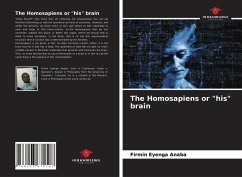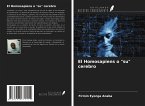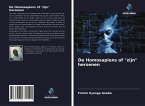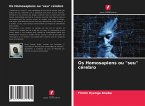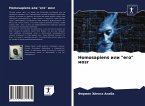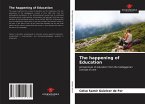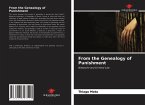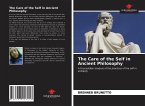"Know thyself", this more than 25 centuries old interpellation has not yet finished confronting us with the ignorance we have of ourselves. However, and unlike the Ancients, we know more or less well where to lean rationality to seek and hope to find more science on the Homosapiens that we are ourselves. Indeed, this place, or better this organ, where we should look in order to know ourselves, is the brain, that is to say this neurocerebral structure whose function was underestimated by the Ancients. Homosapiens is his brain; in fact, he does not have a brain; rather, it is the brain that he is that has a body. The quid/what of what We are gets its most credible answer in the biotic materiality that grounds and structures the brain. Thus, to show the fact that to say a Homospian or a brain is in fact to say the same thing is the purpose of this rationalization.
Hinweis: Dieser Artikel kann nur an eine deutsche Lieferadresse ausgeliefert werden.
Hinweis: Dieser Artikel kann nur an eine deutsche Lieferadresse ausgeliefert werden.

